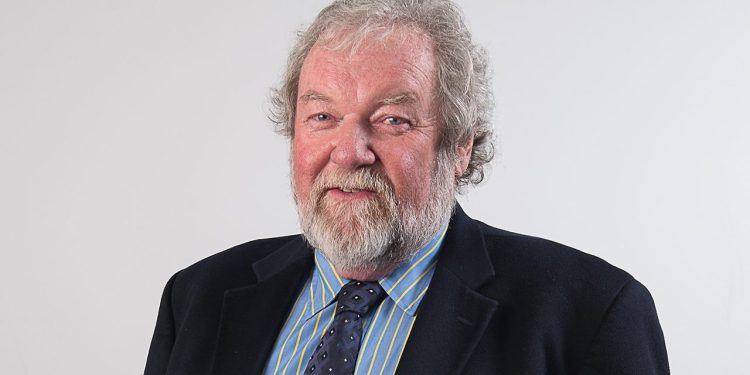MTA announces new association President
MTA
The Motor Trade Association has a new hand on the steering wheel with Bob Boniface elected as President, replacing retiring incumbent Dave Harris.
Dave Harris has led the association of 3,800 businesses that fix, fuel, sell and service the nation’s vehicles through a challenging 12 years, six of them as President.
Dave explains that “Over that period MTA has become more agile, more informed and more connected while responding to the pandemic, earthquakes, significant changes in government policy and the evolving needs of our members.”
Waikato-based service station and repair workshop owner, Dave Harris says the organisation is poised and ready to take on the challenging times to come. He congratulated Bob on his appointment and thanked him for taking on the commitment.
Bob owns two Auckland paint and panel workshops and has an extensive career as a corporate leadership and business management consultant – leading dozens of companies back to success and efficiency in the 1970s and 80s.
He says climate change, Covid, and technology have reset market dynamics.
“Most of the cars on New Zealand roads are over 10 years old and can be readily repaired. But if mechanics also take on repair of vehicles with all the new, current technologies, they will be incredibly challenged and face a huge shortage of staff with the right skills. Collision repairers face much of the same issues, with exotic materials we have never handled, new repair techniques, stringent insurance company requirements and so on.” He expects both these sectors to become more specialised, or make other changes over the next few years.
“Car dealerships are also facing a major shakeup with the clean car requirements likely to force a re-set of the market as brands and dealerships try to provide a rapidly-growing number of low or zero emission cars.
“The fuel industry will probably be the slowest to evolve and shift from diesel and petrol to EV and alternate fuels as it will take a long time to scrap the older cars out of the fleet.”
Bob believes MTA’s principal role is to help members survive and thrive, using a combination of direct assistance to members and by exerting influence on policy and regulation.





